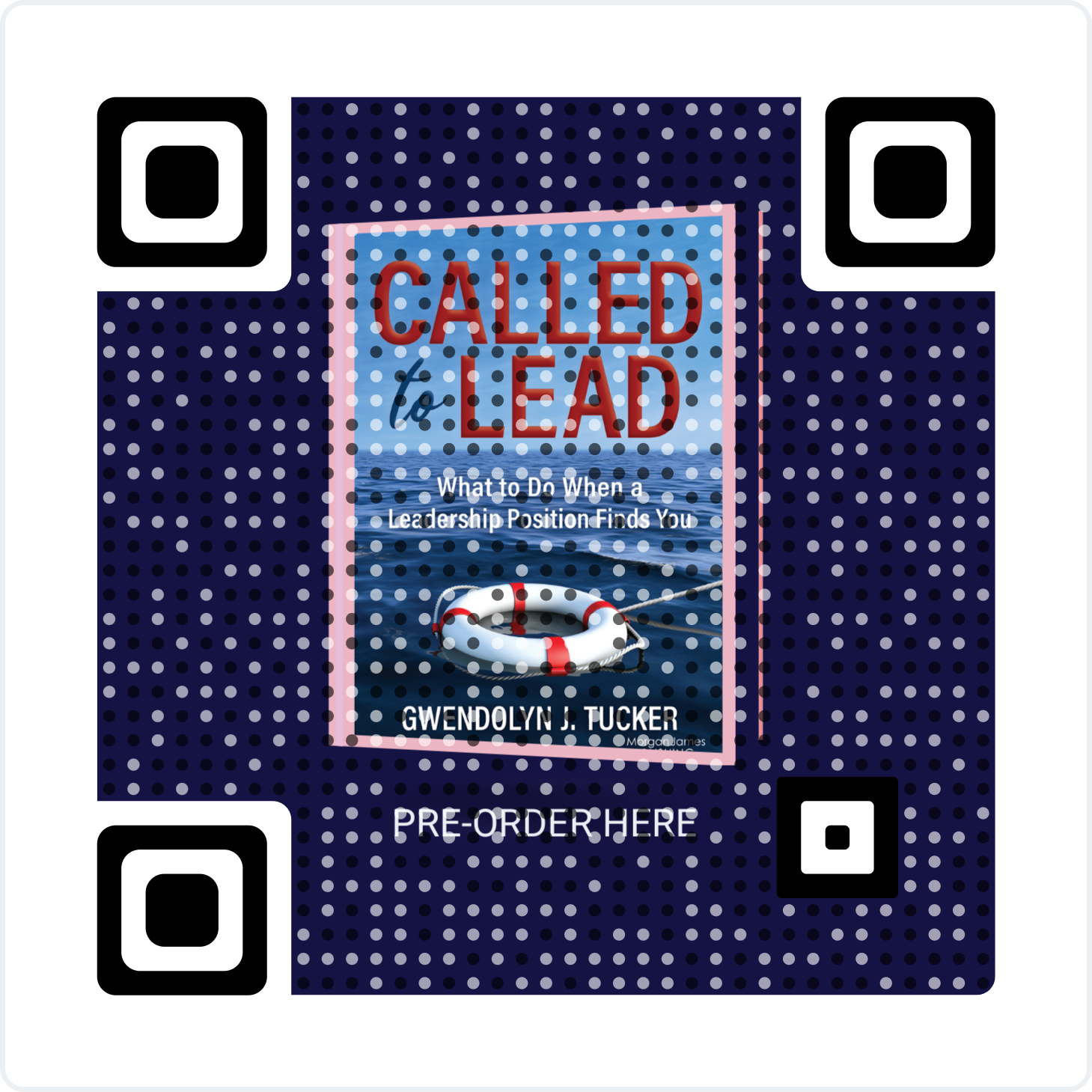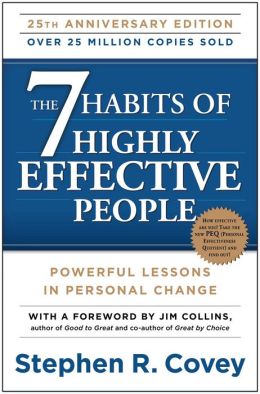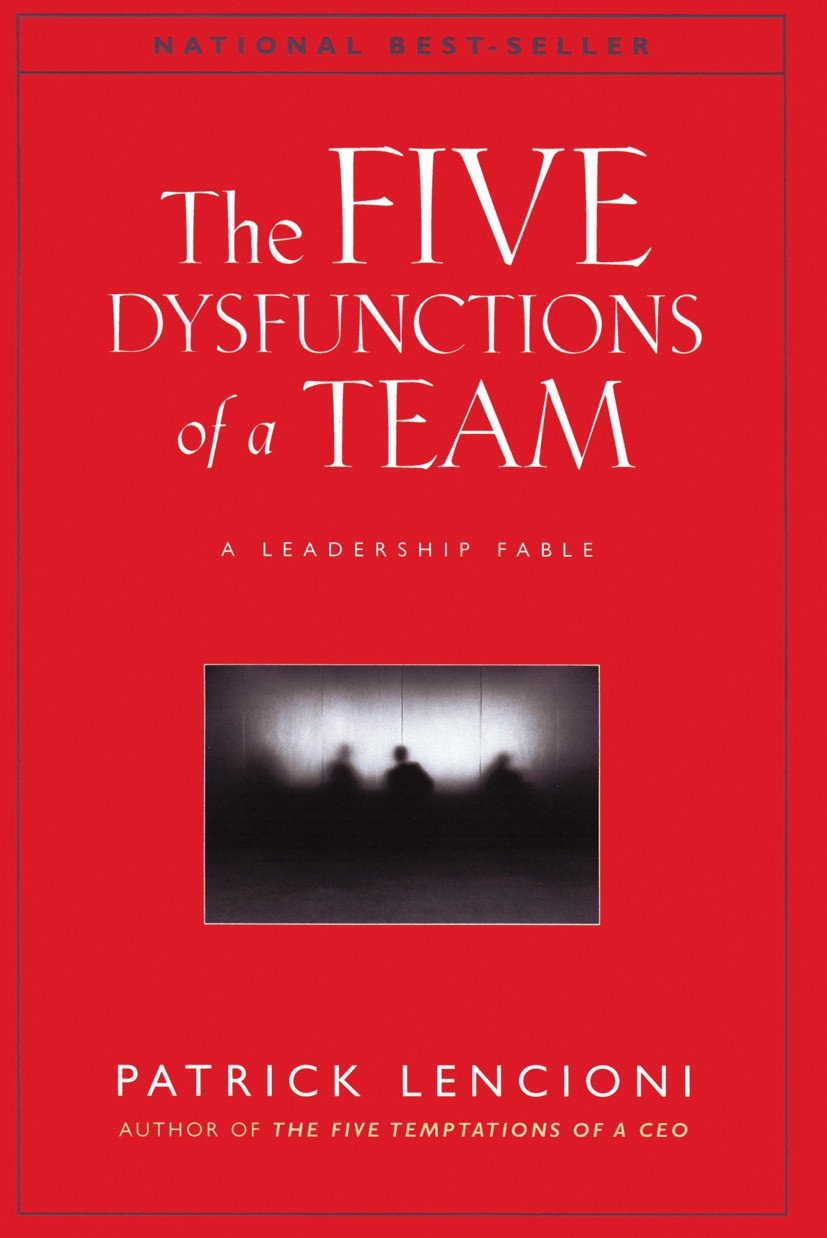Timothy Florence
On Leadership
Timothy Florence on Leadership provides insight into how an authentic leader leads.
I got a chance to work with Timothy and his team while leading training for University Clinical Health at UTHSC, They were responsible for handling IT Support. Over and over again he and his team exceeded my expectation.
Timothy Florence On Leadership
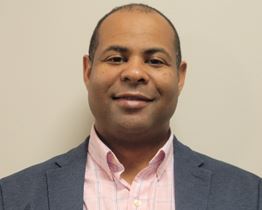
Timothy Florence
Director of Instructional Services Technology, University of Tennessee
One day, I had the opportunity to extend my gratitude and compliments to Timothy. He gave all the credit to his team. To which I responded, "What's in the leader shows up in the people!"
It was then that I knew I had to sit down with Timothy to get insights on how he and and his team deliver excellent customer service over and over again.
Please read Timothy Florence On Leadership below.
Part I: Timothy Florence On Leadership
How would you define leadership?
Leadership to me is encouraging and inciting others through word and deed to accomplish common goals.
As it relates to leadership, who has impacted you the most?
First and foremost would be the Christ found in the Scriptures, Who set the perfect example of leadership. One can learn a lot from reading how He lovingly dealt with imperfect humans.
Mr. Steve Butler and Dr. Ken Brown are not only close friends but are strong examples of leadership. They have had a significant impact on how I view leadership. I've watched them lead by example for many years. I'm also privileged to report to Vikki Massey (Deputy CIO) and Dan Harder (CIO). They have proven to be a good support system for our team.
As it relates to your team what are three (3) ingredients for getting your team to work well together?
- Respect
- Empathy
- Love
There must be a certain level of respect among people that work together. Empathy is also a key ingredient because as we know, things happen. I try to show the team how to be understand and empathetic when other team members "appear" to fall short, giving them the benefit of the doubt as we would want others to give us during difficult times. The last ingredient, love, is the most important because it is the common glue that connects all other altruistic qualities. Genuine love for people makes all good things possible. Any initiative will likely fail without it.
Please share your insights on what it means to be customer-focused.
Being customer-focused starts from within. It stems from an internal desire to please others. Those who have a real interest in helping people are willing to put others before themselves and will exhaust all possibilities to assist. Such an innate desire is not driven by money - although monetary rewards are always appreciated. However, serving others out of coercion or from another motive typically does not hold up when things get difficult. Rather, it is the deep satisfaction one receives from aiding someone in need of assistance. Such a person does not need prodding and will be customer- focused regardless of the customer.
Part II: Timothy Florence On Leadership
As a leader, what are the top challenges you face?
The most significant challenge is probably leading a team of people with various personalities and backgrounds to achieve a common goal. Age, background, knowledge, experience, frames of reference, and personalities all vary among team members. To successfully lead such a group often requires patience and a little creativity.
Another challenge is resources. Resources are usually always limited regardless of the nature of the work. This too takes creativity as we strive to improvise making the most of what we have. Teamwork, cohesiveness, and good planning also help to mitigate such issues.
Please share insights on your leadership philosophy.
First, it is not about me. We often hear the phrase "there is no 'i' in team." While this is true, a successful leader must exhibit sincere humility and selflessness. Such a trait is easily seen in everything one says and does. Humility is often contagious and has a greater impact than words that may be spoken in a team meeting.
There are various forms when it comes to leadership. The Chameleon Style has several advantages as it allows leaders to be flexible. To live by one from of leadership may not as as effective. Circumstances, environment, team characteristics, uncontrollable events, and other constantly changing variables can have a direct correlation as to be the best style of leadership.
One form of leadership to which I am partial is the Servant Style. A leader can find the servant philosophy useful - if he/she is leading a team of dependable, self-starting members. Employees are most productive when they are happy and can see the impact of their contributions. My goal is to make sure they have what they need and get in the trenches with them when they need my assistance.
"Your greatest asset is people." - Timothy Florence
In parting, are there any leadership resources you recommend?
There are two textbooks that provide great theoretical insights on leadership. The first is Leadership Theory and Practice by Peter Northouse which gives a good in-depth overview of the various forms of leadership.
Work Motivation History, Theory Research and Practice by Gary Latham is another reference that gives practical guidance, in addition to theory of how to engage teams.

Thank You!
Thank you for reading Timothy Florence On Leadership!
And thank you, Timothy, for sharing your insights. I am so very honored to have the opportunity to work with you and your team.
Indeed, you are an example of authentic leadership in action!
Want To Know More?
I hope you gained valuable insights from Timothy's comments.
If you enjoyed reading Timothy Florence On leadership, you will want to know more about his team HERE
Improve Your Relationship with Your Boss
Are you looking to improve your relationship with your boss? If so, the Boss Relationship Worksheet will help you better understand and communicate more effectively with your immediate supervisor.
To download your copy, submit your information on the form below.
After completing the Boss Relationship Worksheet, you will find that the following will prove helpful in showing you how to cultivate a better working relationship with your boss:
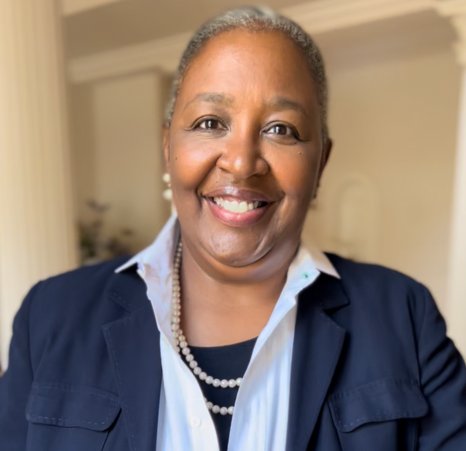 |
I published my first book and I am beyond excited.
Get your FREE copy of Called to Lead!

ORDER PRINT HERE

Leaders don't
create
followers.
Leaders
create
other
leaders.
- Tom Peters




